America and Empire

http://www.truthdig.com/report/item/20060414_gore_vidal_america_and_empire/
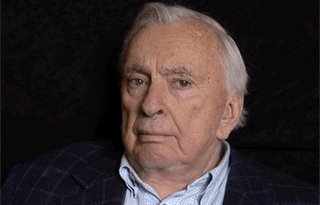 Posted on Apr. 14, 2006
Posted on Apr. 14, 2006
Editor’s Note: The following essay by Gore Vidal is the full-text foreword to Robert Scheer’s new book: “Playing President: My Close Encounters with Nixon, Carter, Bush I, Reagan, and Clinton--and How They Did Not Prepare Me for George W. Bush.” Ordering information here. Read Scheer’s introduction here.
America and Empire
by Gore Vidal
The twentieth century produced a great deal of writing about American politics, much of it bewildered when new notions like empire started to sneak into nervous texts whose authors were not quite certain if “empire” could ever be an applicable word for the last best hope of earth.
The bidding then changed dramatically after World War Two, when Harry Truman armed us with nuclear weapons and gave us an icy sort of permanent war against Godless Atheistic communism, as personified by Joseph Stalin, standing in for Hitler, whom we had got rid of with rather more help than we liked to admit from the new world demon Stalin. How, why did Truman lock us all into a national security state, armed to the teeth? The simple story was dread of communism everywhere on the march, but those of us who had served in World War Two knew as well as our political leaders that the Soviet Union, as of 1950, was not going anywhere very soon: They had lost twenty million people. They wanted, touchingly, to be like us, with consumer goods and all the rest of it.
What actually happened was tragic for the Russian people and their buffer states: Truman, guided by that brilliant lawyer Dean Acheson, was quite aware that by 1940 the world Depression of the early ’30s had returned. The New Deal of Franklin Roosevelt had largely failed. What was to be done? FDR took a crash course in Keynesian economics. As a result, he invested $8 billion into re-arming the United States, in order to hold our own against the Fascist axis of Germany, Japan, Italy. To the astonishment of Roosevelt’s conservative political enemies, the U.S. suddenly had full employment for the work force and a military machine of the first rank with which we were able to defeat Fascism, and just about anyone else who defied us.
Truman and friends learned and never forgot an important lesson: It was through war and a militarized economy that we became prosperous with full employment. After victory in Europe and the Pacific, Truman himself began to play the war drums. Stalin was menacing Turkey and Greece (Acheson threw in nearby Italy, and why not France?). We must stop the rising Red tide, while acquiring that era’s latest propaganda toy, a TV set. This wearisome background was well known to historians like William Appleman Williams, but hardly suspected by too many of the usual publicists of the American way of life.
Robert Scheer has had the good fortune to observe first-hand the last half-dozen Presidents, from Nixon to “W”. He has also had the perseverance as a journalist to insist that he be able to conduct one-on-one conversations with the odd sort of men who were playing (or trying to play) President. This makes for a fascinating immediacy in the book at hand, particularly when he is giving his protagonists a harder time than they had expected. Scheer has always suspected that he would be one of the last journalists able to use the print medium fully in the electronic age that had dawned around 1960.
-more


























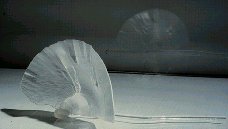

















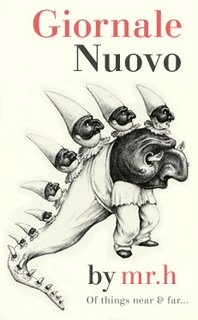










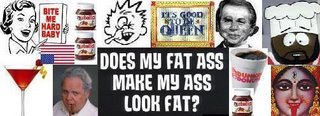















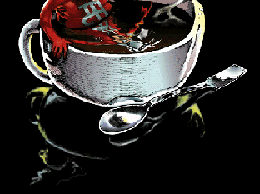










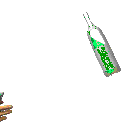






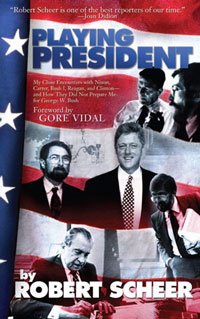












2 Comments:
Gore Vidal rocks!
He's a mensch.
Post a Comment
Subscribe to Post Comments [Atom]
<< Home